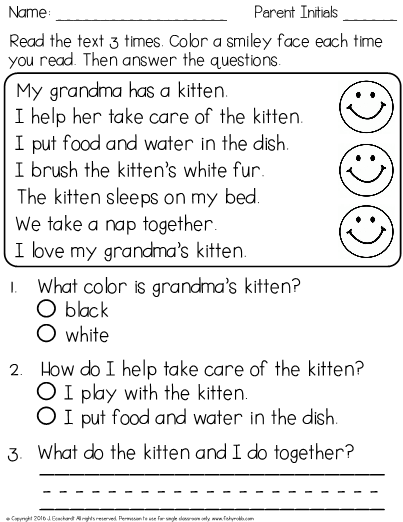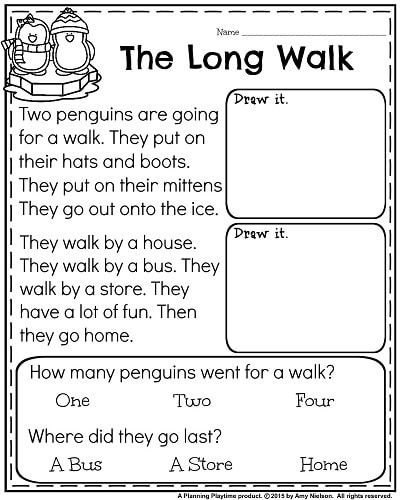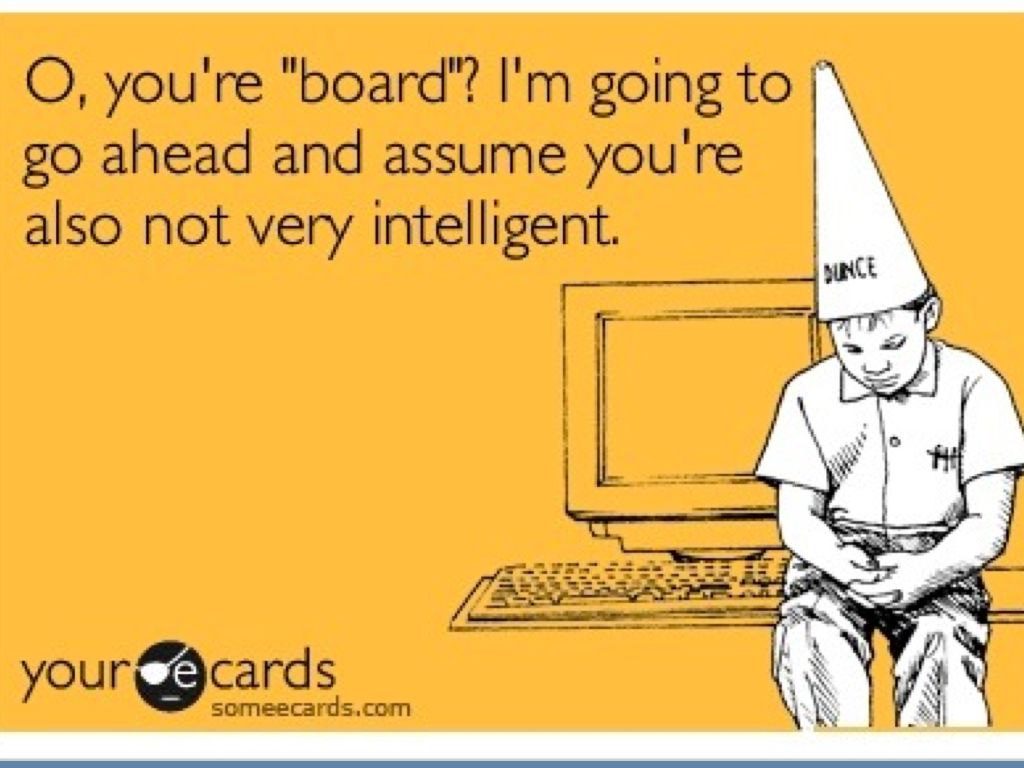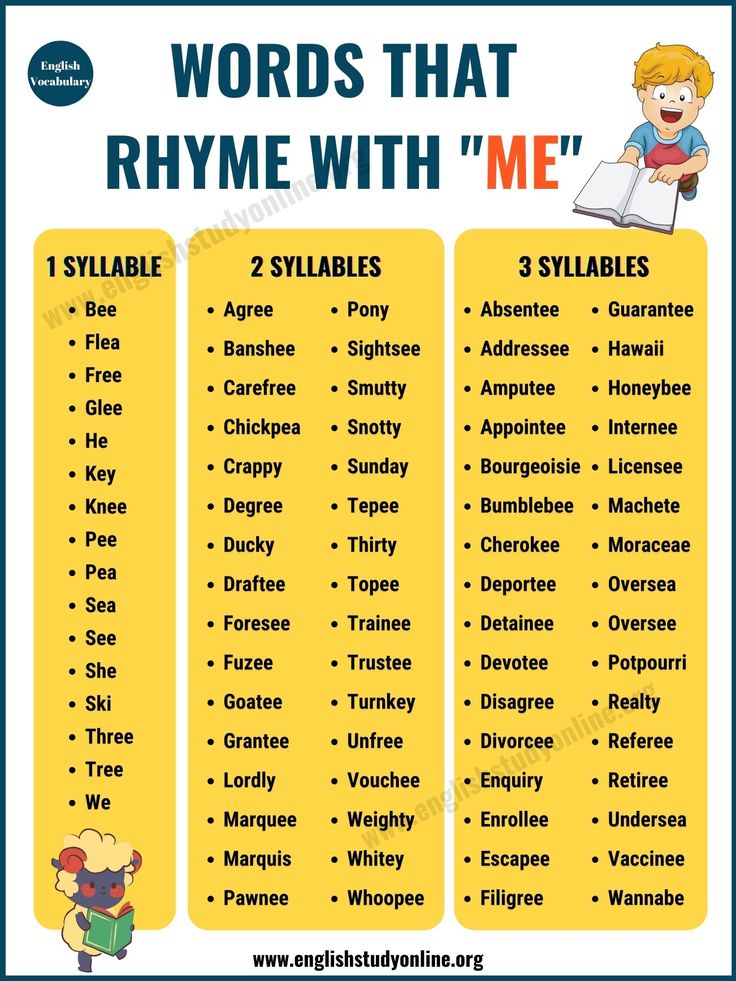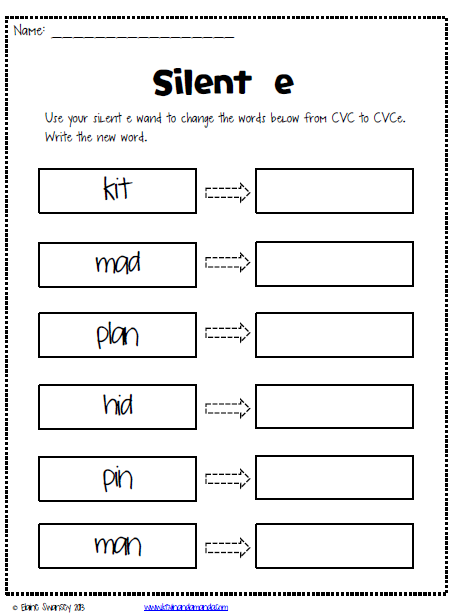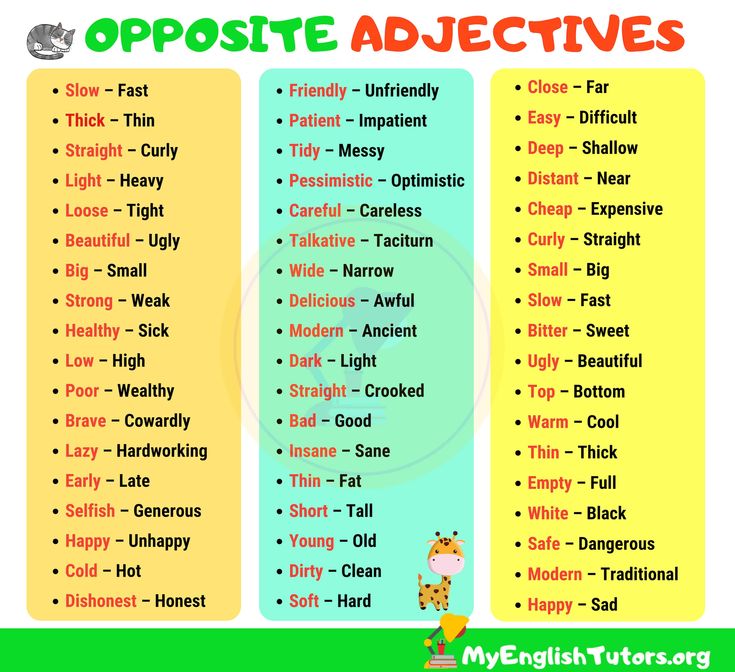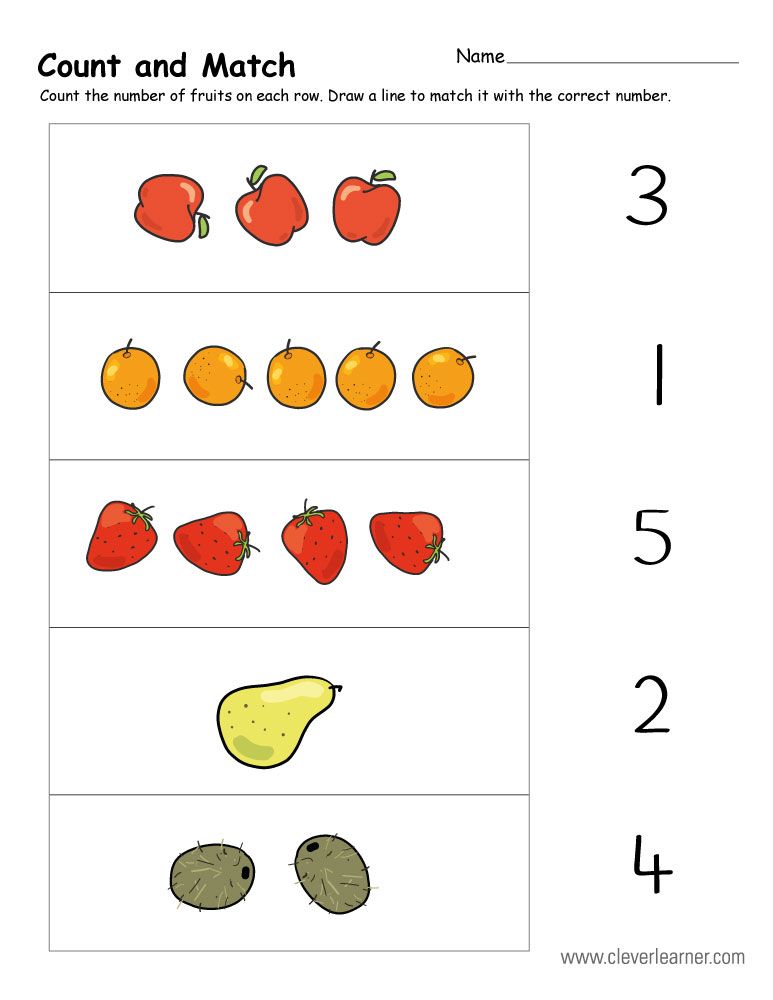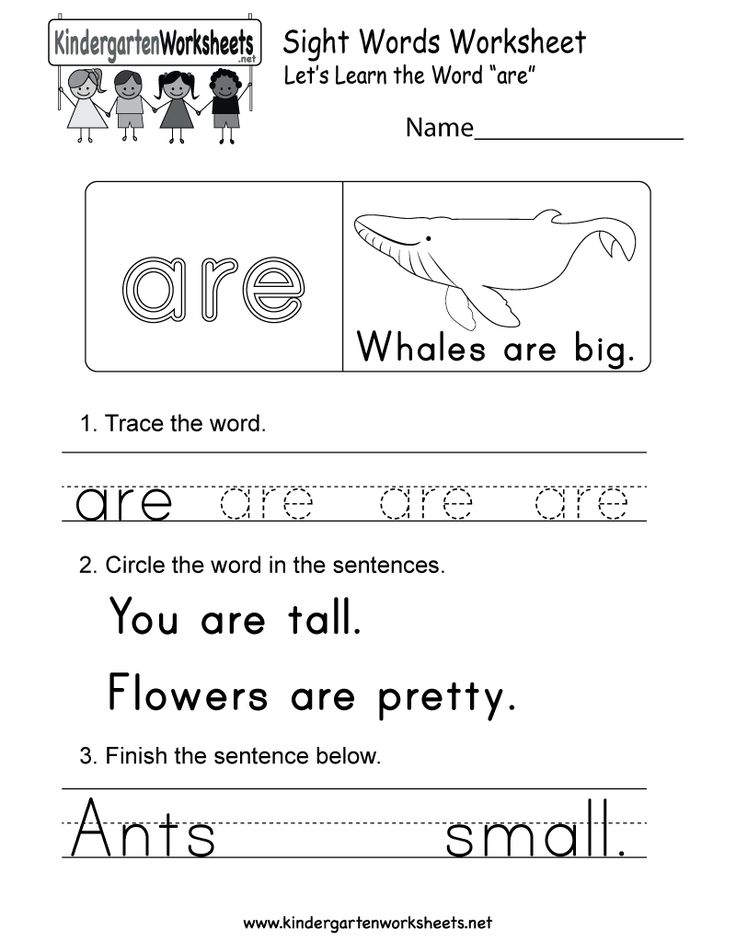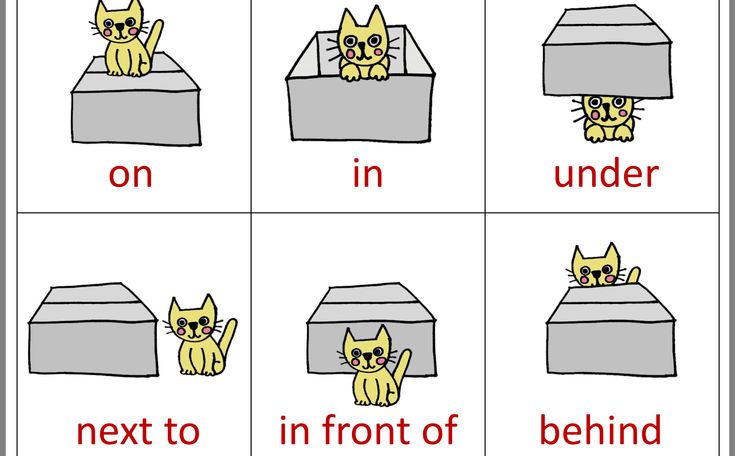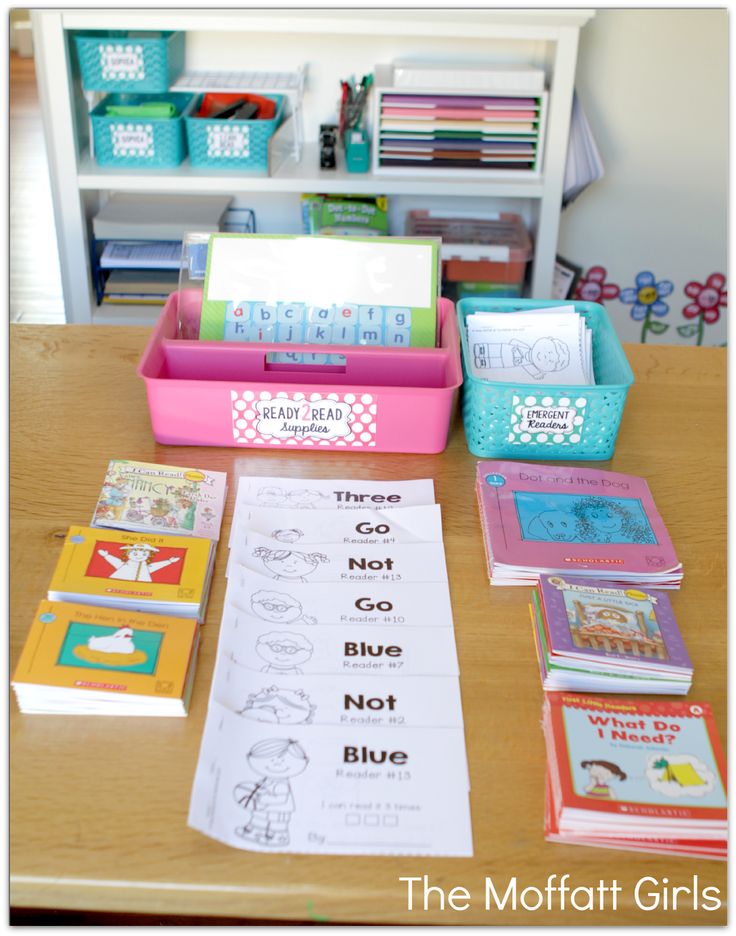How to help kids with reading comprehension
How to Help Your Child With Reading Comprehension
What helps kids understand what they read? Being an active reader is key. That means focusing on the text, questioning it, and taking mental notes. You can work on these skills with your child at home. Use these seven tips to help improve your child’s reading comprehension.
1. Make connections.
When kids connect what they already know to what they read, it helps them focus. Show your child how to make connections when you read aloud. If a book mentions places you’ve been to with your child, talk about those memories. Then have your child give it a try.
2. Ask questions.
Asking questions encourages kids to look for clues in the text. When you read together, ask questions to spark your child’s curiosity. Ask things like “What do you think will happen?” or “How is that character feeling?”
3. Make “mind movies.”
Visualizing helps bring a story to life. That’s where mind movies come in. When you read with your child, describe what the scene looks like in your head. Talk about how it makes you feel. You can use other senses, too. For example, if the scene takes place outside, what does it smell like?
Then invite your child to make a mind movie, too. Point out how your child’s movie is different from yours. If your child likes to draw or color, encourage your child to make a picture of the scene, too.
4. Look for clues.
When you combine what you already know with clues from a story, you can make guesses or predictions. These are inferences. And making them is a great way to build reading comprehension.
For example, when we read “Kim’s eyes were red and nose was runny,” we can infer that Kim has a cold or allergies. Help your child do this as you read. If a character is wearing gym clothes and sweating, ask your child what the character might have been doing before.
5. Figure out what’s important.
Ask your child: Who are the main characters? What’s the most important thing that has happened in the story so far? What problem are the characters trying to solve? When kids can point out what’s important, they’re more likely to understand what they read.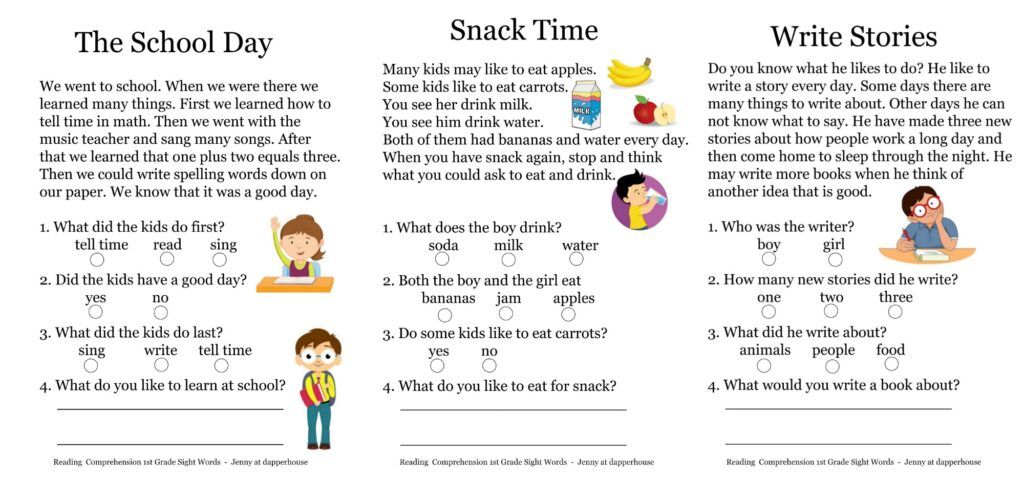
Your child can also use a tool called a graphic organizer to do this. A “story element” organizer keeps track of the main characters, where the story is taking place, and the problem and solution of the story.
6. Check understanding.
It helps to encourage kids to stop and ask themselves, “Is this making sense?” If your child gets stuck, suggest rereading the part that didn’t make sense. What about it was confusing? Were there specific words that tripped your child up?
7. Try new things.
The more kids know about the world, the more they can get meaning out of what they read. You don’t have to take an expensive trip or go to a museum to do this, though. You can expand kids’ background knowledge and vocabulary in lots of ways.
Shooting hoops or watching a baseball game can help your child connect more with books about sports. Riding the subway might make your child interested in books that take place in big cities.
Even with these tips, some kids still have a hard time understanding what they read.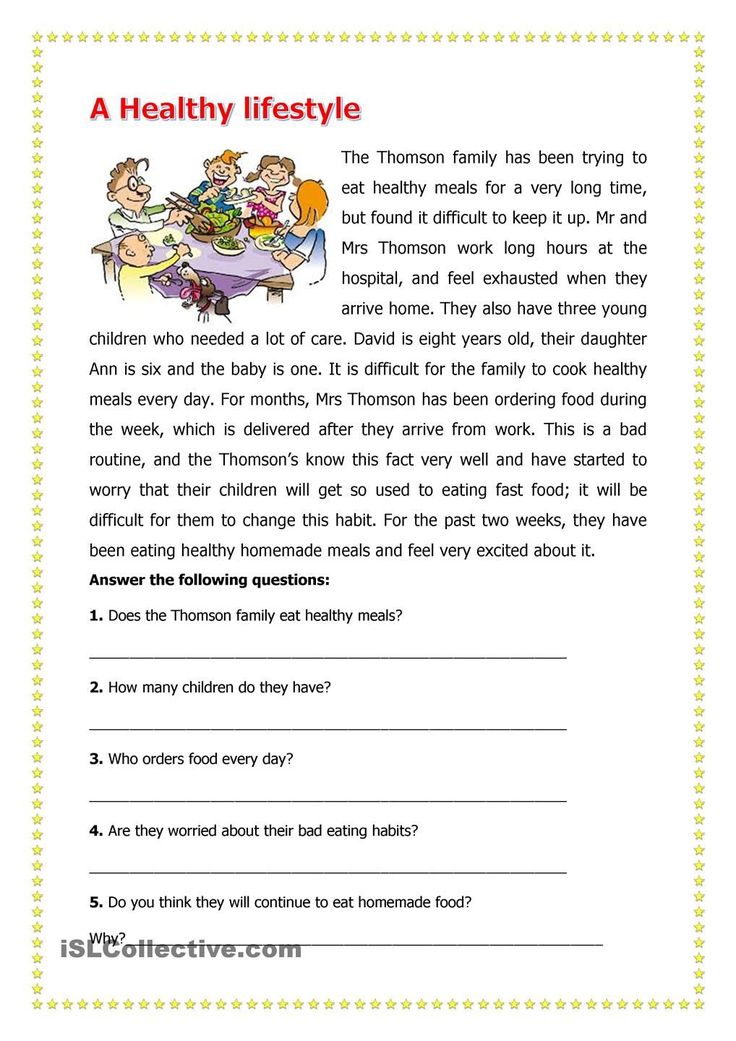 Learn more about how to help your child with reading. And get an expert’s take on why kids may have trouble understanding or remembering what they read.
Learn more about how to help your child with reading. And get an expert’s take on why kids may have trouble understanding or remembering what they read.
My Child Struggles With Reading Comprehension. What Can I Do?
Knowing how to read and understanding what you read are two very different things. Many children are able to pronounce every word in a passage, but they lack reading comprehension skills, which means they don’t understand what the passage means.
Strong reading comprehension skills are crucial to your child’s academic and professional success. That’s why if you’ve ever thought, “My child struggles with reading comprehension,” it’s important to know what you can do to help your child improve these vital skills.
What Are the Signs Of A Reading Comprehension Problem?
It can be hard to spot the signs of a reading comprehension problem. This is especially true if your child has strong decoding and fluency skills, which means they are able to correctly pronounce words and read quickly.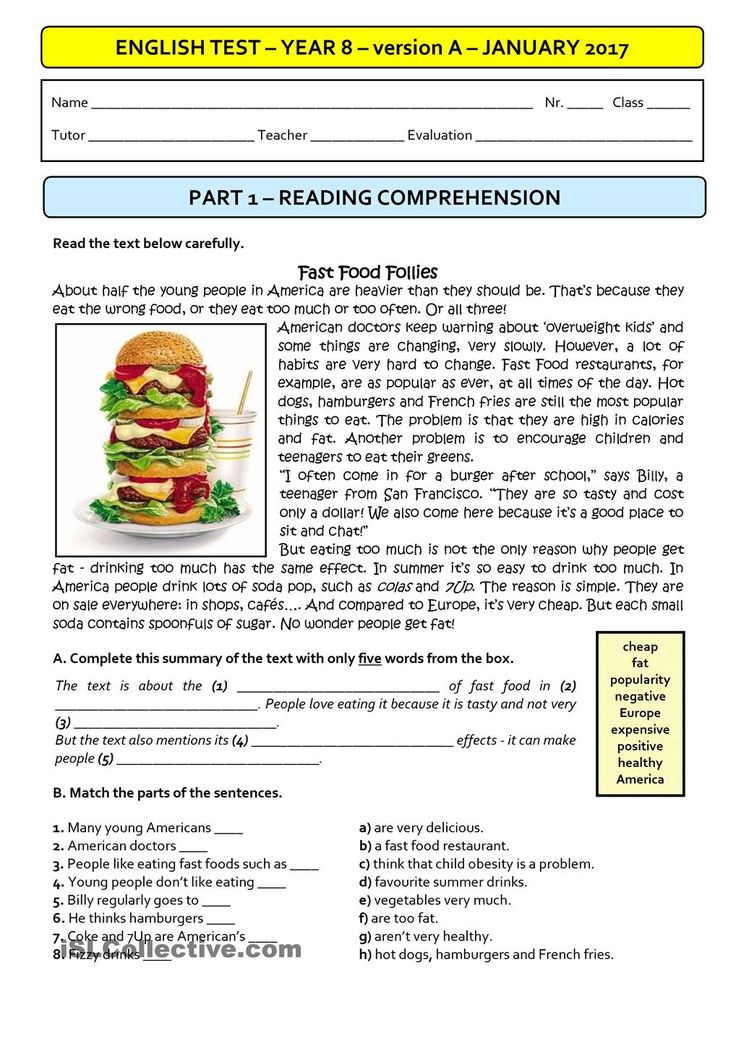
Knowing how to spot the signs of a reading comprehension problem is the key to getting your child the help they need to succeed. Here are some of the signs you should look for:
- Your child is unable to determine the difference between important and minor details of a passage.
- Your child struggles to connect two different ideas within a passage.
- Your child cannot summarize what they have read or answer questions about the characters, main events, or other elements of the story.
- Your child can read a lot of words, but doesn’t understand what they mean.
If you spot any of these signs, it could indicate that your child is struggling with reading comprehension.
Why Does My Child Have Trouble With Reading Comprehension?
There are a number of reasons why a child may struggle to develop strong reading comprehension skills. Some of the most common causes of reading comprehension problems include:
- Dyslexia: This learning disability makes reading much more difficult, which can impact a child’s ability to understand
what they are reading.
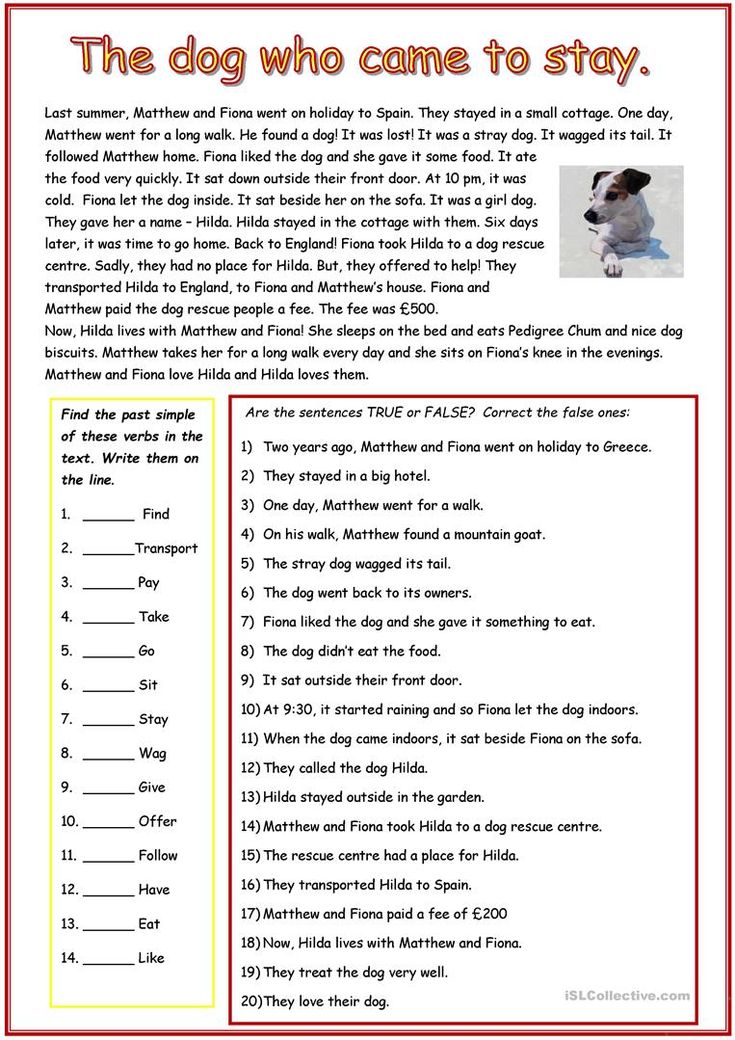
- Attention deficit hyperactivity disorder (ADHD): Kids with ADHD find it hard to pay attention, so they may not be able to focus on what they are reading, which can impact their ability to understand it.
- Lack of interest: If your child is not interested in reading, they may not be motivated to focus on the text.
- Limited vocabulary: If your child’s vocabulary is limited, they may find it difficult to extract meaning from a text since they won’t be familiar with most of the words.
- Lack of instruction: Some children struggle with reading comprehension simply because they have not been taught how to develop these skills.
As a parent, you should try to pinpoint the underlying issue that is causing your child’s reading comprehension problem. This will help you determine the best strategy that can be implemented to improve your child’s reading comprehension skills.
How Can I Improve My Child’s Reading Comprehension?
There are countless ways that parents can help improve their child’s reading comprehension skills at home.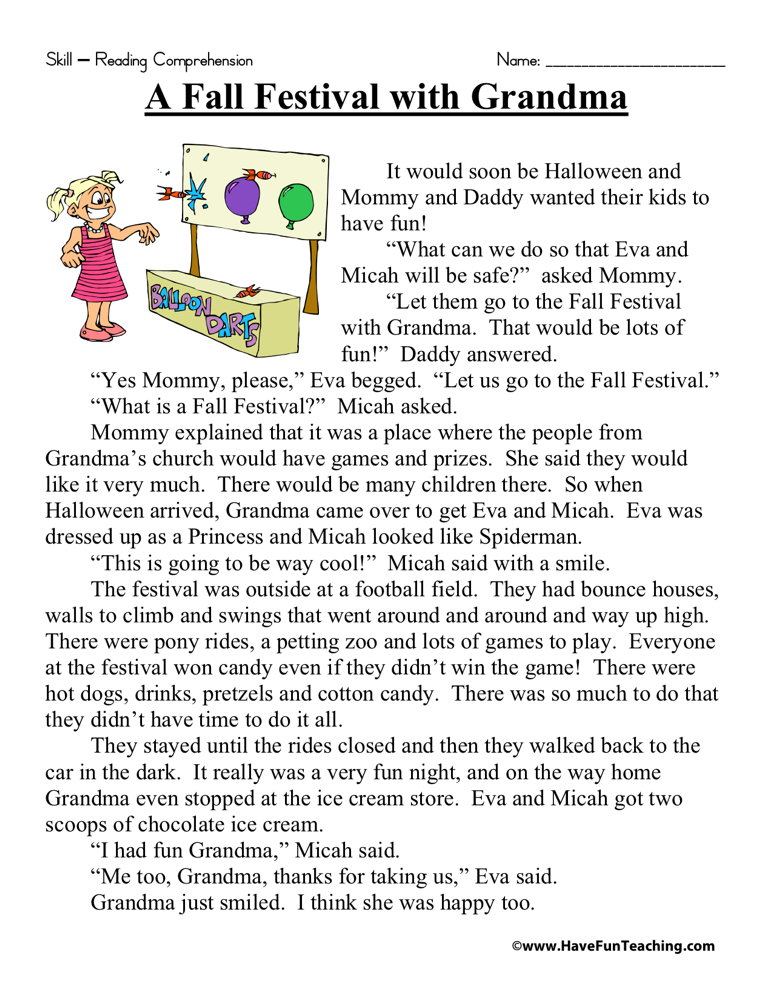 Try these strategies:
Try these strategies:
Ask Questions
Parents should get in the habit of asking their child questions about the text they are reading. Don’t wait until your child has finished reading a story to ask. You should try to ask them questions before, during, and after they finish reading. Start with these:
- What do you think this story will be about based on the cover’s illustrations?
- What do you think will happen next?
- What caused this event to happen?
- What was the character feeling when he said or did this?
- What’s the main character’s name?
Asking questions like these will keep your child engaged in the story, help them connect ideas, and deepen their understanding of the text.
Choose the Right Books
Let your child choose what they want to read. Letting your child choose will give them the opportunity to select a book that they are actually interested in reading. This may improve their ability to focus, which will enhance their reading comprehension skills.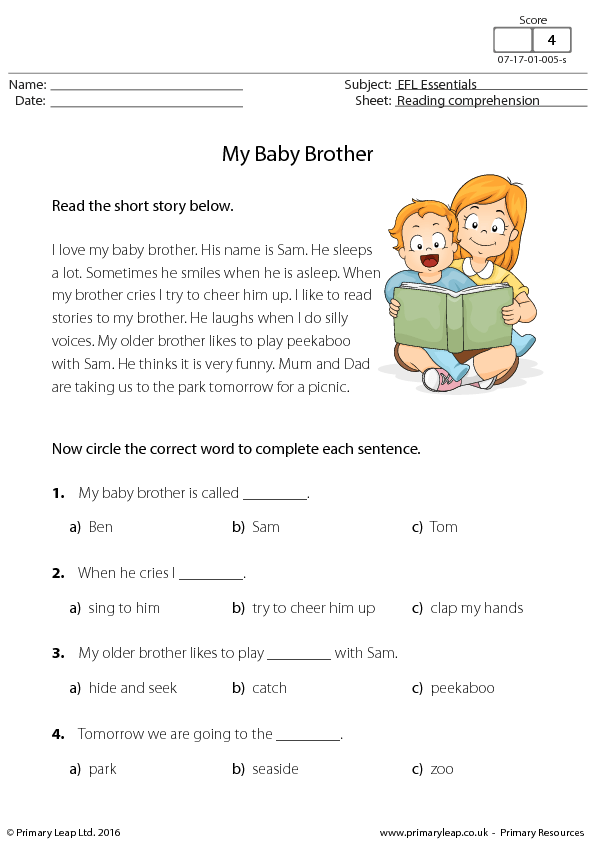
You should also make sure that you are choosing level-appropriate books. If the text is too difficult for your child, it will be incredibly challenging for them to understand what they are reading.
Reread Difficult Passages
If your child doesn’t understand a passage, ask them to reread it with you. Then, use this as an opportunity to teach them how to extract meaning from a difficult passage.
If they encounter a word they aren’t familiar with, show them how to look it up in the dictionary. Point to context clues in the passage that they can use to figure out what the text means. Help them connect the events of the story to something that has happened in their life.
Teaching your child these strategies will help them drastically improve their reading comprehension skills.
What is the Best Reading Comprehension App For Struggling Readers?
One tool that parents can use to help their children improve their reading comprehension skills is the Readability app.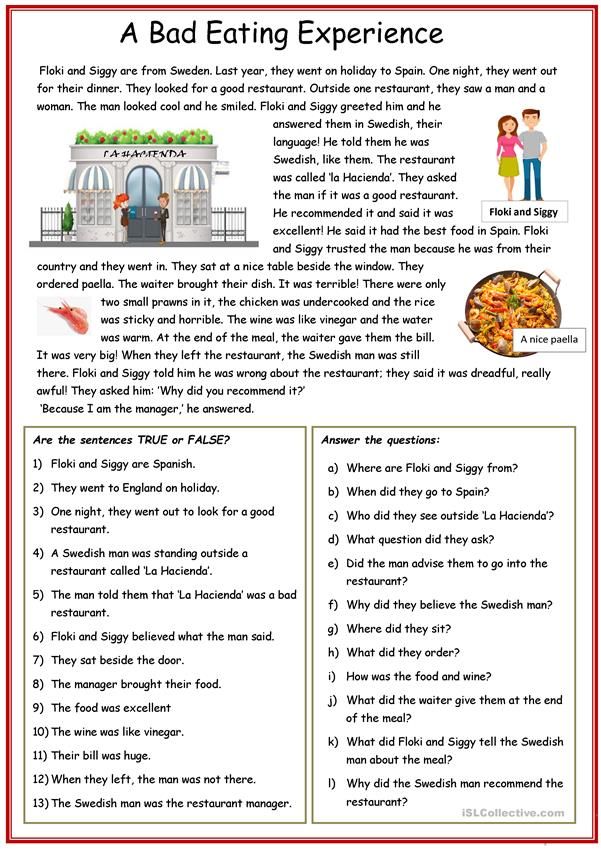 Readability is the only app that is designed with a voice-based questions & answers feature, which allows your child to communicate with the app like they would with a reading tutor.
Readability is the only app that is designed with a voice-based questions & answers feature, which allows your child to communicate with the app like they would with a reading tutor.
The app will ask your child questions about the text and listen as your child responds to confirm that they understood the passage. This innovative feature will keep your child engaged with what they are reading, which can help them develop stronger reading comprehension skills.
Download the Readability app on your smartphone or tablet to start the free 7-day trial today.
How to teach a child to understand and remember the read text?
You spend a lot of time helping your child learn to read. You try to be patient and not rush him. He reads and rereads the same paragraph, but he never “understands” it. Why is it so difficult for a child to understand what he reads?
It's great that you support your child's reading endeavors. Your disappointment is understandable, you have spent a lot of time and effort on teaching your child, but at the same time you do not see much improvement.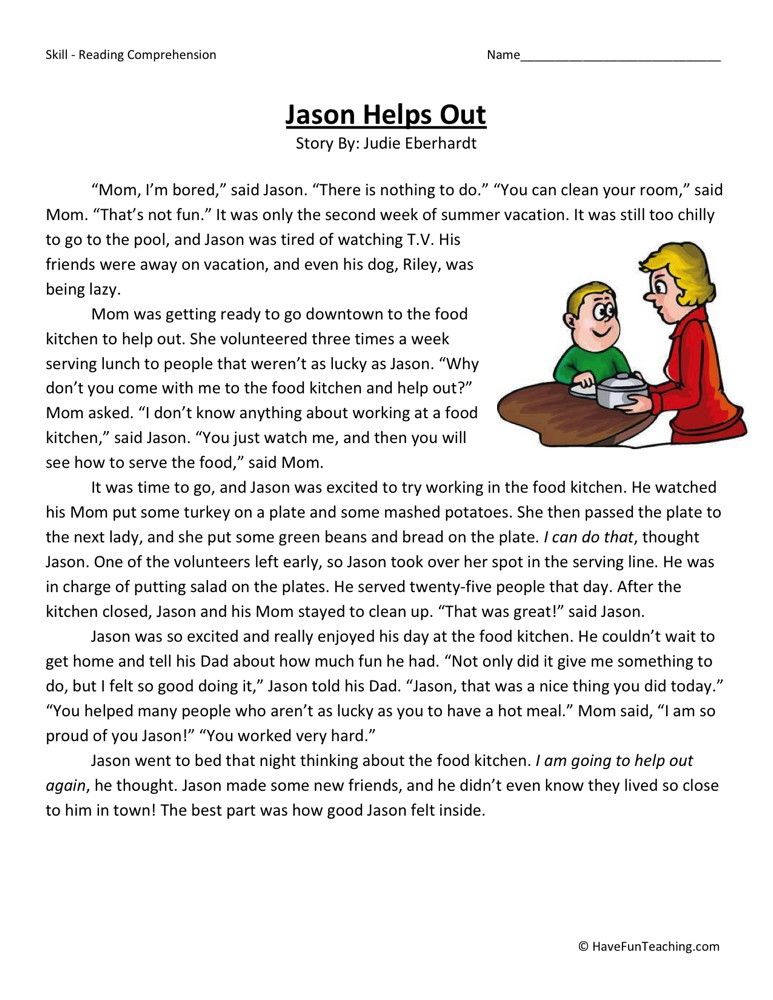 Rest assured, you have already done a lot just by showing your child how much you care about him. nine0003
Rest assured, you have already done a lot just by showing your child how much you care about him. nine0003
The ability to make sense of sentences and paragraphs involves a complex combination of many skills and abilities. In order to provide a child with the right support in reading, it is necessary to understand the nature of his difficulties.
The process of decoding and word recognition
The process of decoding is the transformation of a graphic model of a word into an oral language form. The ability to match the written and sound designation of a word is an important step in learning to read. Decoding is the foundation on which all learning to read is built. nine0003
If your child gets lost in the decoding process, they will have difficulty reading comprehension. To develop your decoding skills at home, take classes in the new Fast ForWord Foundations correctional online program. Decoding is a very important process - the more words a child can automatically recognize at a glance (without having to pronounce each letter or syllable), the faster he will be able to read.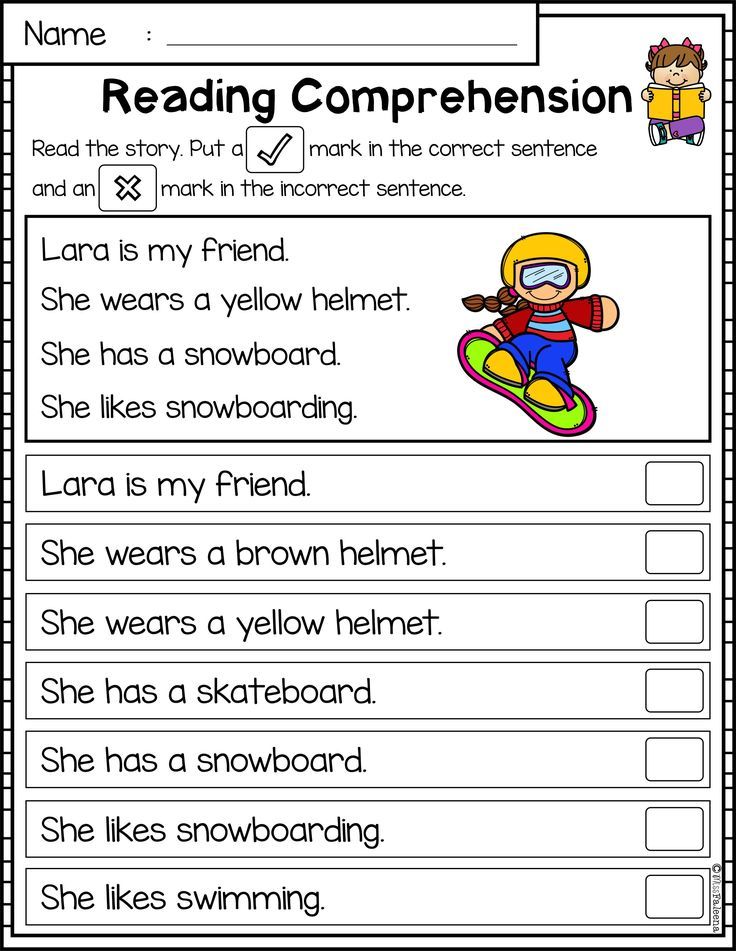
Reading fluency
Why does fluent reading matter? If a child reads each word syllable by syllable, it takes him a long time to read the whole sentence. This makes it difficult to memorize all the words in a sentence and understand how they fit together. nine0003
One way to learn to quickly recognize a word is to read it out loud several times. This is why reading the same passage repeatedly can help a child learn to read fluently.
Reading comprehension level
Even if your child is a good reader, they may be reading books that are well above their current level of comprehension. The most important thing is that the child can not only read the text, but also comprehend it. Sometimes teachers evaluate reading skills - how well a student can read and understand a text. These grades also reflect important information - whether the student needs help. nine0003
Talk to the teacher about your child's reading skills. You can ask the teacher to recommend books for home reading that are appropriate for your child's reading level. You can also choose books by yourself. For example, when choosing a book, ask your child to read a few pages and talk about what they just read. The book is suitable if the child really understands what they read.
You can also choose books by yourself. For example, when choosing a book, ask your child to read a few pages and talk about what they just read. The book is suitable if the child really understands what they read.
Attention Concentration
Difficulty concentrating is another reason your child may have reading comprehension problems. Reading comprehension also depends on the ability to ignore distractions. nine0003
If your child has difficulty concentrating, it may be due to an executive function disorder, an auditory processing disorder, or ADD/ADHD.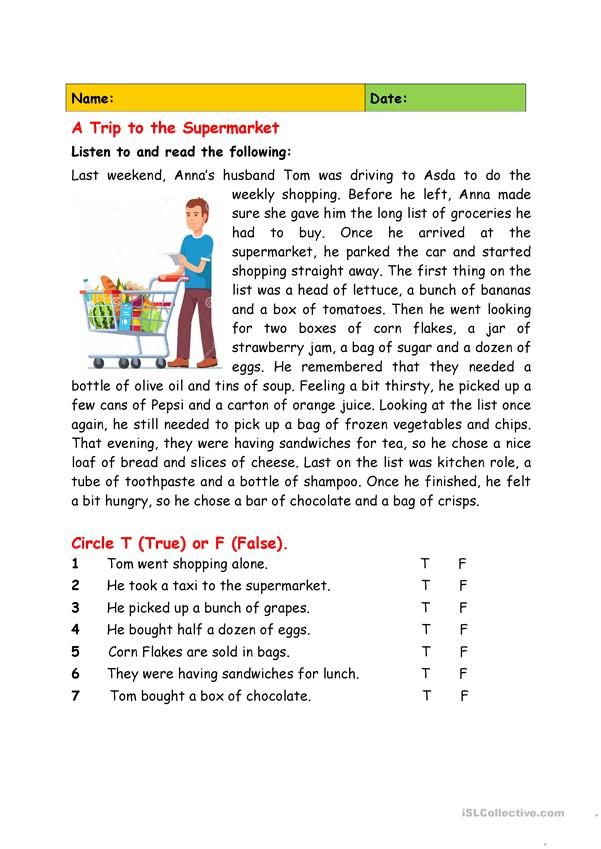 These impairments can affect his ability to understand and retain information in working memory.
These impairments can affect his ability to understand and retain information in working memory.
You can help your child to reduce the load, for example, teach him to break reading tasks into small parts, take notes, highlight important information.
Comprehension skills and strategies
Reading is thinking. And the way we think is the basis for improving comprehension while reading. To improve text comprehension, sometimes we need to consciously stop while reading and analyze our ideas and thoughts related to what we have read.
You can teach your child to be an active reader. Encourage him to voice all his thoughts and doubts, ask questions as he reads, read aloud one paragraph at a time and discuss what he read. nine0007 Point out to him that experienced readers also monitor how well they understand what they are reading and reread confusing parts of the text. Learn to look for contextual clues around a sentence or phrase, such as pictures or words in adjacent sentences, can help your child understand the meaning of words they don't understand.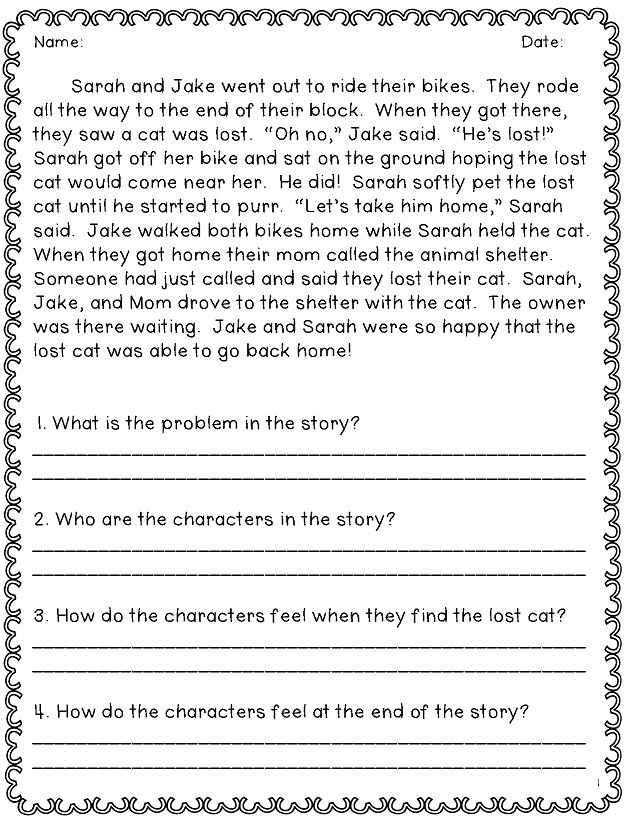 Help your child learn these strategies by example.
Help your child learn these strategies by example.
Additional support
Be sure to talk to your child's teacher about additional support at school. nine0003
Remember that your continued attention and encouragement will have a long-term positive impact on your child's education. Understanding your child's problems and applying the instructions above will help you improve your child's reading skills.
Do you want to quickly develop key reading skills: decoding, reading comprehension, extracting meaning from context, reading fluency, etc., as well as concentration, memory, information processing? Then you need classes according to the FAST FORWORD method! nine0003
Sign up for trial online classes in Fast ForWord right now.
Don't delay helping your child!
Source
SIGN UP
Useful article? Share with your friends!
6 Key Skills for Reading Comprehension
For some people, reading is like a walk in the park on a warm summer day, an enjoyable activity that is easy to master.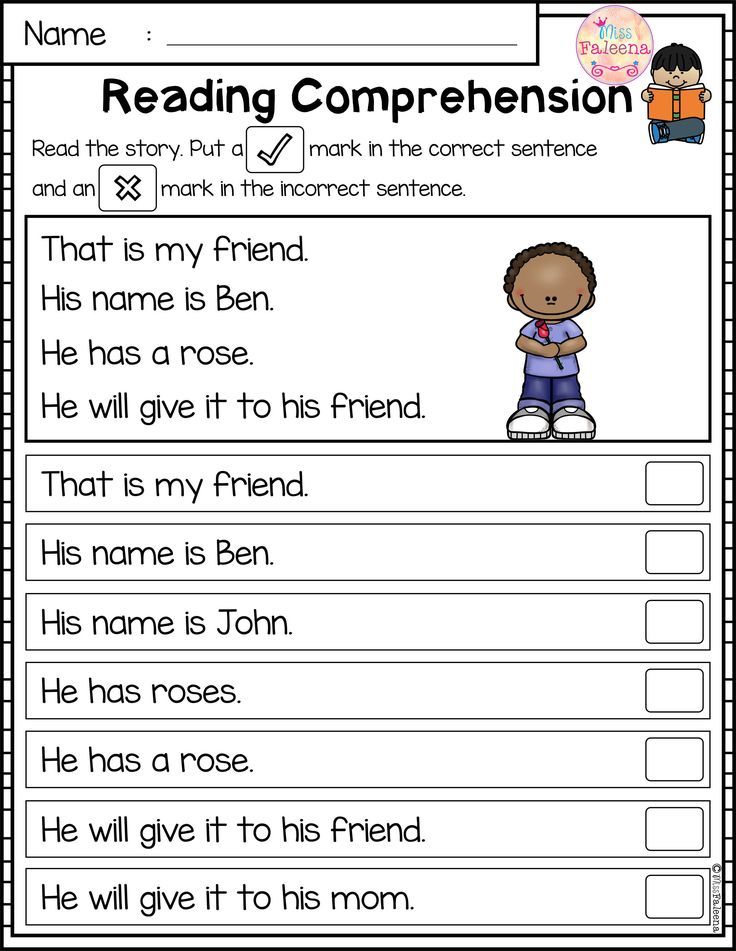 In fact, reading is a complex process that involves many different skills. Together, these skills lead to the ultimate goal of learning to read: comprehensive reading comprehension. nine0003
In fact, reading is a complex process that involves many different skills. Together, these skills lead to the ultimate goal of learning to read: comprehensive reading comprehension. nine0003
Text comprehension can be difficult for children for many reasons, but regardless of them, knowing what underdeveloped skills this is due to, you will be able to provide your child with the best help.
Let's take a look at the six reading comprehension skills and how you can help your child develop them.
1. Decoding
Decoding is an extremely important step in the reading process. Children use this skill to sound out words they have heard before but not seen written. The ability to decode is the foundation of all other reading skills. nine0003
Decoding relies on one of the first language skills to develop, phonemic awareness (this skill is part of a broader set of skills called phonological awareness). Phonemic awareness allows children to hear and distinguish individual sounds in words (also known as phonemes). It also allows them to "play" with sounds in syllables and words.
Phonemic awareness allows children to hear and distinguish individual sounds in words (also known as phonemes). It also allows them to "play" with sounds in syllables and words.
Decoding also relies on the ability to match individual sounds and letters. For example, to read the word "sun", the child must know that the letter "s" sounds like "s". Understanding the relationship between letters and sounds is an important step towards "voicing" words. nine0003
How to help: Many children learn phonological awareness naturally by reading books, listening to songs and poems. But for some children it is not so easy. In fact, one of the earliest signs of reading difficulty is trouble with rhyming, counting syllables, or identifying the first sound in a word.
The best way to help your child improve these skills is to guide them with precise instructions and lots of practice. Children need to be taught how to correctly identify sounds and work with them.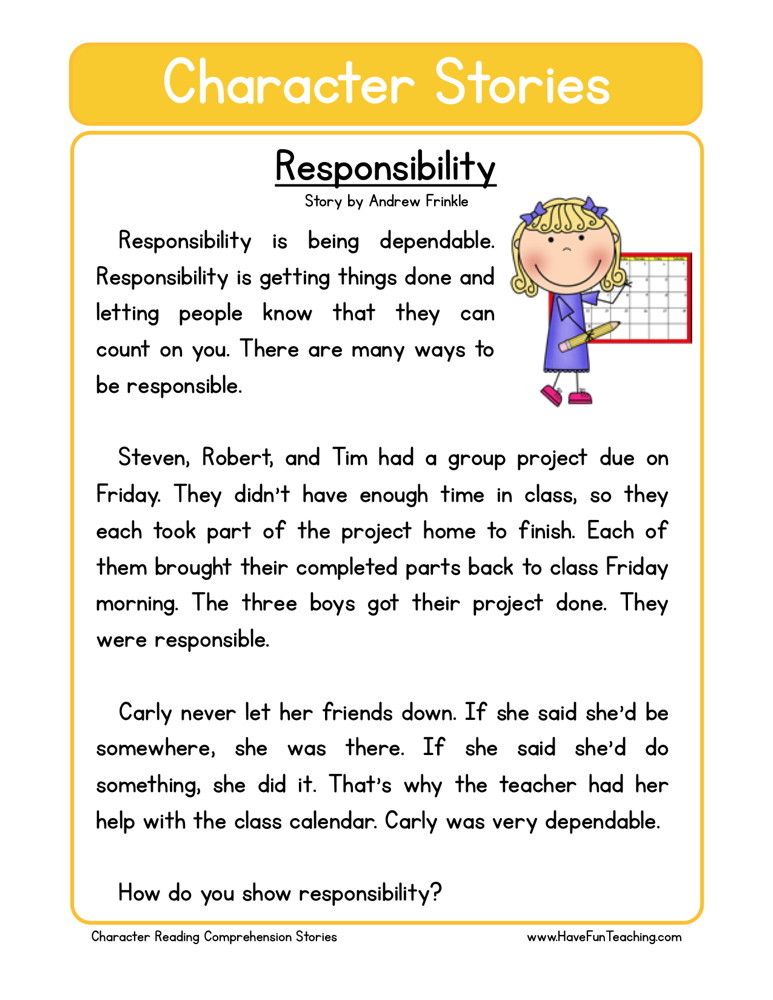 You can also develop phonological perception by playing with words, reading poems aloud to your child, or using special computer techniques aimed at developing phonemic perception and decoding. nine0003
You can also develop phonological perception by playing with words, reading poems aloud to your child, or using special computer techniques aimed at developing phonemic perception and decoding. nine0003
2. Reading fluently
To read fluently, children must recognize words immediately, including words that do not read as they are written. By developing reading fluency, the child increases not only reading speed, but also reading comprehension.
Decoding and reading each word can be a lot of work. Word recognition is the ability to recognize a word instantly just by looking at it, without having to read it out loud. When children can read quickly and with almost no errors, they are said to be able to read "fluently". nine0003
People who can read fluently read fluently and rhythmically. They use the context to understand the meaning and change the intonation in their voice depending on what they are reading about. The ability to read fluently is critical to a good understanding of the text.
The ability to read fluently is critical to a good understanding of the text.
How to help: Word recognition can be a big hurdle for beginning readers. Usually a person needs to see a word from 4 to 14 times in order to learn to automatically recognize it. But, for example, children diagnosed with dyslexia may need to see the word up to 40 times. nine0003
Many children have difficulty reading fluently. To improve word recognition and other reading skills, children need help and a lot of practice. The best way to strengthen these skills is to practice reading books. It is important to choose books that are appropriate for the child's reading level.
3. Vocabulary
To understand what you read, you need to understand at least most of the words in the text. A rich vocabulary is a key component of text comprehension. Students can learn new words during class, but they usually learn the meaning of words through everyday situations and while reading.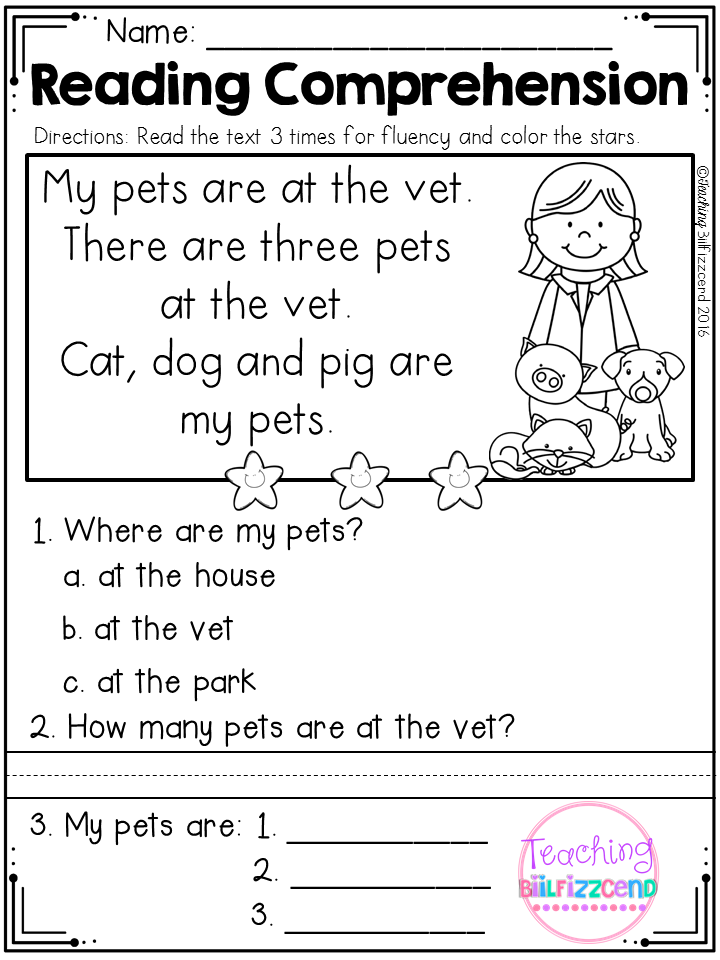 nine0003
nine0003
How to help: The more new words children learn, the more their vocabulary grows. You can help your child develop vocabulary by talking to him often about different topics, introducing him to new words and concepts. Word games and funny jokes are also fun ways for children to reinforce these skills.
Daily reading together also helps build vocabulary. When reading aloud to your child, stop when you encounter new words and explain their meaning. But it is also important that the child reads independently. Even if there is no one to explain the meaning of a new word, the child can guess its meaning from the context, and also learn with the help of a dictionary. nine0003
Teachers can also help by choosing interesting words to study and learning them all together in class. To practice vocabulary, the teacher can engage students in dialogue during the lesson, or play word games to make learning new words fun.
4.
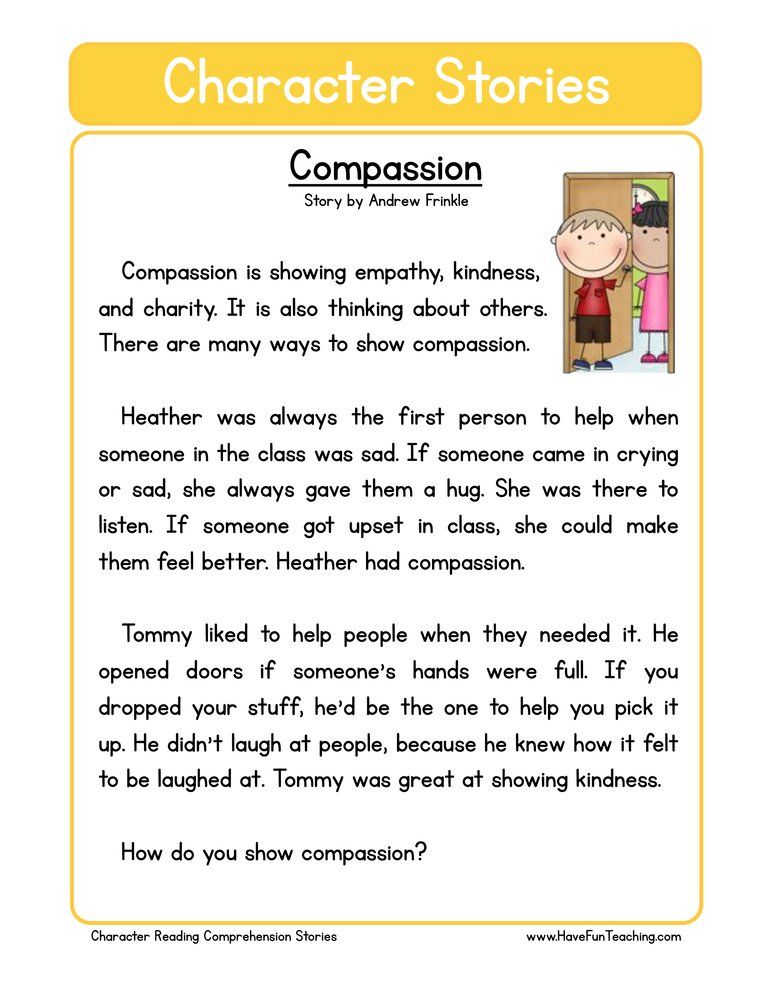 Sentence construction and cohesion
Sentence construction and cohesion
Understanding how sentences are built can seem like a skill necessary for writing. The same can be said about the connection of ideas within and between sentences, which is called cohesion. But these skills are also important for reading comprehension. nine0003
Knowing how ideas connect at the sentence level helps children make sense of passages and entire texts. This also leads to what is called coherence, or the ability to relate ideas to other ideas in a common work.
How to help: Explain the basics of sentence construction to your child. Work with him to connect two or more thoughts, both in writing and orally.
5. Expanding horizons and argumentation
Many children associate what they have read with previous experiences, so it is important to broaden your child's horizons so that they have some idea of the world around them before they start reading.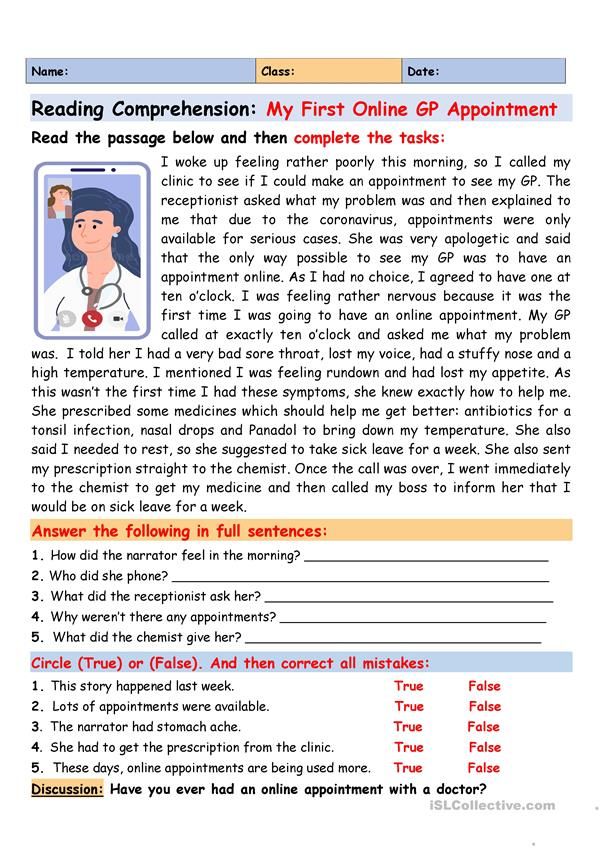 It is also important to teach the child to “read between the lines” and find meaning where it is not literally written.
It is also important to teach the child to “read between the lines” and find meaning where it is not literally written.
How to help: Your child can broaden their horizons through reading, socializing, watching movies and TV shows, and exploring art. Also many things come with years of personal experience. nine0003
Open up opportunities for your child to gain new useful knowledge in different areas and discuss with him what you have learned from the experience, both together and separately. Help your child make connections between new and old knowledge and ask questions that require extended answers and thoughtful explanations.
You can also read these tips on how to use cartoons to help your child learn to judge for themselves. nine0003
6. Working memory and attention
These two skills are part of a group of skills also known as executive functions. They are different, but closely related.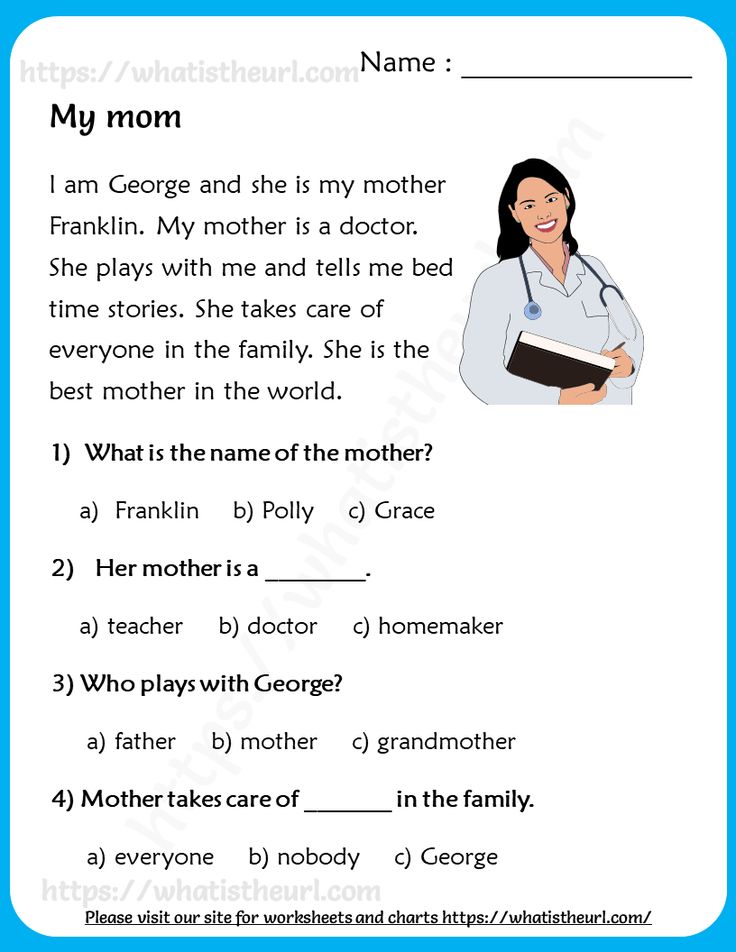
When children read, attention allows them to absorb information from the text. Working memory helps them retain this information and use it to make sense and gain knowledge from what they read.
The ability to self-control while reading is also related to executive functions. The child must be able to recognize when he does not understand something, stop, go back and reread, so that there is no doubt about the understanding of what he read. nine0003
How to help: There are many ways to help your child improve working memory, and it doesn't have to look like a lesson. There are many games and daily activities that can help develop working memory in a way that your child won't even notice!
To improve your child's attention span, look for reading materials that interest and/or motivate your child. For example, some children love graphic novels. Teach your child to stop and reread the text when something is not clear to him.